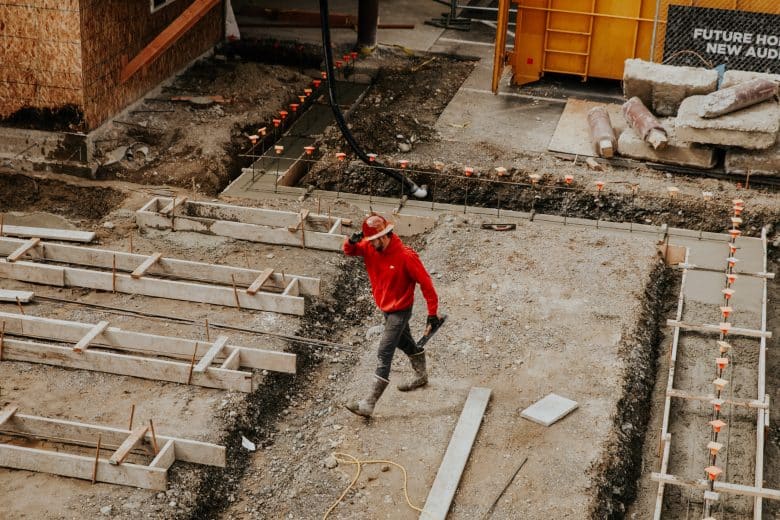All sorts of risks need to be considered when it comes to business. One type of risk that is often overlooked is the potential for financial loss. It can happen in various ways, but one common way is when a company does not meet its contractual obligations. To protect themselves against this possibility, many businesses require their contractors to provide a performance bond.
This article will discuss the performance bond meaning in detail, how it works, and why you might need one.
What are Performance Bonds?
Performance bonds are a type of surety bond that guarantees the completion of a project. If the contractor fails to complete the project or defaults on their obligations, the bonding company will step in and cover the costs. It makes sure that the project is completed on time and within budget.

They are provided by a bank or an insurance company to make sure a contractor completes designated projects.
Three parties are involved in a performance bond: the obligee, the principal, and the surety. The oblige is the entity that requires the bond, the principal is the contractor who purchases the bond, and the surety is the insurance company that backs up the bond.
A performance bond is used to protect an obligee from financial loss if a contractor defaults on a project. The bond gives the oblige peace of mind that the project will be completed even if the contractor cannot finish it.
How are Performance Bonds Used?
Performance bonds are commonly used in construction projects. They can be used in projects such as service contracts, supply contracts, and lease agreements. The performance bond is a three-party agreement between the Owner, Contractor, and Surety in construction.
The performance bond is usually issued by a surety company licensed and regulated by the state where the project is located. The surety company will investigate the Contractor’s financial strength, business experience, and character before deciding whether to provide the bond.
The premium for the performance bond is usually a percentage of the contract price and is paid by the Contractor to the surety company.
The performance bond is just one type of construction surety bond. Other types of bonds used in the construction industry include bid bonds, payment bonds, and maintenance (or warranty) bonds.
The Benefits of Performance Bonds
1) They Protect The Obligee
Performance bonds exist to protect the obligee against financial loss should the contractor fail to complete the project or meet the contract terms.

The surety firm that issues the bond will step in and cover any losses incurred by accommodating up to the bond’s total value. This protection is essential for public projects, where the obligee is typically a government entity.
They also protect the obligee against poor workmanship or substandard materials used by the contractor. If the contractor fails to meet the standards, the surety company will cover any necessary repairs or replacement costs up to the bond value.
2) They Protect The Contractor
While performance bonds exist primarily to protect the obligee, they also offer some protection to the contractor.
For example, if the obligee claims the bond, the surety company will investigate whether the claim is valid. If it is verified that the contractor is not at fault, a claim will not be paid. Performance bonds offer some protection to the contractor against financial loss; they should not be viewed as a substitute for adequate insurance coverage.
Conclusion
Whether you are the obligee or the principal, it is important to understand the performance bond meaning in detail and their role in construction projects. Working with a surety company can ensure that your construction project proceeds as planned.












Leave a Reply